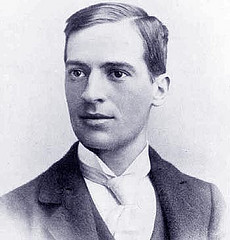
Memory feats of chess master Harry Nelson Pillsbury:
- On April 28, 1900, he played 20 opponents blindfold (sitting alone in a room without board or pieces while the moves were announced to him), playing 600 moves in six and a half hours. Afterward he corrected several mistakes that his opponents had made in recording their moves. Two opponents had not kept a record at all, but Pillsbury gave the moves of those games “without any serious effort.”
- In tour spanning 1900 and 1901, he gave about 150 simultaneous displays, many blindfold. In one 16-game blindfold exhibition in Buffalo, in which he won 84.4 percent of the games, he correctly announced mate in eight in one of the games.
- In Toledo, Ohio, he simultaneously played 12 games of chess and four games of checkers without sight of any board, while at the same time playing duplicate whist with other people.
- He was prepared to interrupt a blindfold display at any point, have a portion of a deck of cards read out to him, name all the remaining cards, and then resume play.
- Before one blindfold display in Philadelphia he studied a list of 29 unfamiliar words and phrases; after the exhibition and again the next day he recited the list, first forward and then backward.
- Two and a half hours into one 12-board blindfold display he suggested a rest for the players. During this time he invited them as a group to compose a numbered list of 30 words and to read them to him. He was then asked, in jumbled fashion, to give the number of a given word or the word of a given number. All his responses were correct. Afterward he recited the whole list backward and then resumed the blindfold display.
“Philadelphia master and organizer William Ruth told Dale Brandreth that he once sat with Pillsbury at a railroad crossing and wrote down the fairly long and different numbers on each of a large group of passing boxcars while Pillsbury attempted to memorize them. Ruth reported to Brandreth that Pillsbury’s memory for the numbers was incredibly accurate and in the correct order.”
(Eliot Hearst and John Knott, Blindfold Chess: History, Psychology, Techniques, Champions, World Records, and Important Games, 2009.)
